Trust Attorneys in Alaska

Avoid Probate. Stay in Control. Plan for What Comes Next.
What if you own property in more than one state? What if you want to leave assets to a minor, someone with special needs, or a loved one who needs help managing money? What if you expect conflict or want to keep your affairs private? These are the moments when a trust becomes more than just a legal tool; it becomes a roadmap.
A revocable living trust gives you the ability to stay in control during your lifetime, plan for incapacity, and make sure your property passes the way you intended. It helps your loved ones avoid the stress, cost, and delays of probate—and gives them immediate authority to carry out your wishes. Whether you're planning for your family, your business, or both, our team will guide you through the decisions that matter and ensure your plan is both thorough and functional.
What Is a Trust?
A Revocable Living Trust is a legal arrangement that allows you to manage your assets during life and direct their distribution after death—without going through probate. You serve as both Trustmaker (the person who creates the trust) and Trustee (the person who manages it) for as long as you are able. You are also the beneficiary (the person who receives the financial benefit) of the assets in the Trust.
You retain full control of your assets while you are alive and well. If you become incapacitated or pass away, the individuals you named as Successor Trustees can step in and carry out your instructions without court involvement.
Couples often create joint trusts, especially when they share ownership of assets. At Foley Pearson Riekkola Iverson, we also help clients establish other trust structures—including spousal bypass trusts, asset protection trusts for children, and legacy trusts tailored to complex family or financial situations.
What a Trust Can Do for Alaskans
A properly designed and funded Trust can:
- Avoid the cost, delay, and public nature of probate
- Provide near-immediate access to funds and property for your loved ones
- Appoint a trusted person to manage your affairs in the event of incapacity
- Hold and manage property for minor or dependent children
- Protect assets from creditors, divorce, or poor decision-making
- Coordinate complex family or blended family inheritances
- Provide tax-efficient transfers in high-net-worth estates
We draft trusts that are flexible, thorough, and integrated with your broader estate plan.
Trust Funding: The Key Step Most People Miss
Even the most carefully drafted Trust will not be effective unless it is properly funded—meaning your assets must be retitled in the name of the Trust. This includes:
- Real estate
- Bank and investment accounts
- Business interests
- Beneficiary designations on life insurance and retirement assets
Our firm helps clients complete this process step by step. We communicate with financial institutions and advisors, prepare deeds and letters, and verify asset transfers. We also conduct periodic audits for clients enrolled in our Generations program, to ensure that everything remains aligned.
What Can Go Wrong Without Funding?
Assets not titled in your Trust will likely pass through probate, a court-supervised process that can delay access to assets, increase costs, and expose your family’s private matters to public record, defeating the main purpose of the plan.
As a result of improper funding, your intended heirs may face delays, confusion, or unintended distributions. The Trustee may lack the legal authority to act, and families may be forced to seek court intervention to resolve even basic matters.
When a Trust May Not Be the Right Fit
While Trusts offer significant benefits, they are not necessary for every situation. If your estate is more modest, your assets are already jointly owned or have clear beneficiary designations, or you are primarily concerned with naming guardians for minor children, a Will-based plan may be sufficient.
That said, estate planning is never one-size-fits-all. The only way to know whether a Trust makes sense for your goals is to speak with a qualified estate planning attorney who understands Alaska law and takes the time to learn your full picture.
Why Work with Foley Pearson Riekkola Iverson?
We understand that creating a Trust is not just about the legal language—it is about execution. Our process is designed to help you build a plan that functions the way you need it to, both now and later.
- We start with a lawyer-led online workshop to help you understand your options.
- Our structured design process ensures your plan reflects your specific goals.
- We handle not just the drafting, but also funding and implementation.
- Through ourGenerations program we offer long-term support, updates, and asset audits.
Many of our clients appreciate knowing that they can return to us—not just to sign documents, but to maintain a plan that remains accurate and effective for years to come.
Plan Today. Protect Tomorrow. Start With a Workshop That Helps to Explain Your Estate Planning Options
Understanding how a Trust works—and how it could fit into your broader estate plan—starts with good information. Our free, attorney-led online workshops offer a practical introduction to the tools available and how our team at Foley Pearson Riekkola Iverson approaches the planning process. If you're thinking about creating a Trust, this is the place to begin.

Working With Foley Pearson Riekkola Iverson, P.C.
We recommend that anyone beginning the estate planning process start by attending one of our free, lawyer-led workshops. It’s a practical introduction to the process, the key concepts, and how our firm approaches planning. You’ll gain the knowledge you need now—so you can ask the right questions later.
After the workshop, the next step is to complete our intake forms. This helps us understand your goals, your family dynamics, and the assets you want to protect. With the full picture in hand, we can craft a plan that’s tailored to you.
Once we have reviewed the information you provide, you will meet with an attorney to design your estate plan. The attorney will guide you through your options, answer any questions, and help identify the best structure for your goals—whether that involves a Will, a Trust, or a combination of planning tools.
After your documents are signed, we assist with funding your Trust and transferring key assets into it. Then you have the option to enroll in our Generations, which provides ongoing support to help you maintain and update your plan over time, so it continues to reflect your wishes and functions as intended when it matters most.
Do You Need a Will or Trust?
Whether you are just beginning to think about planning for your estate, need to update your existing documents, or have questions after the loss of a loved one, we are here to help.
Are You Unsure About What You Need?
Whether you are just beginning to think about planning for your estate, need to update your existing documents, or have questions after the loss of a loved one, we are here to help.

